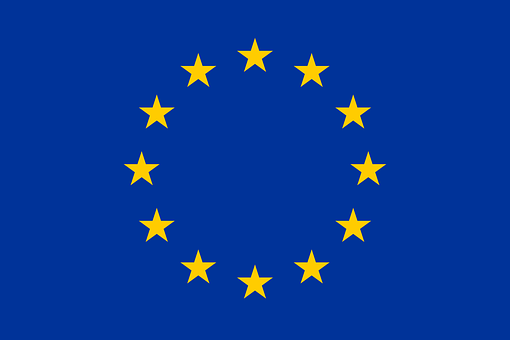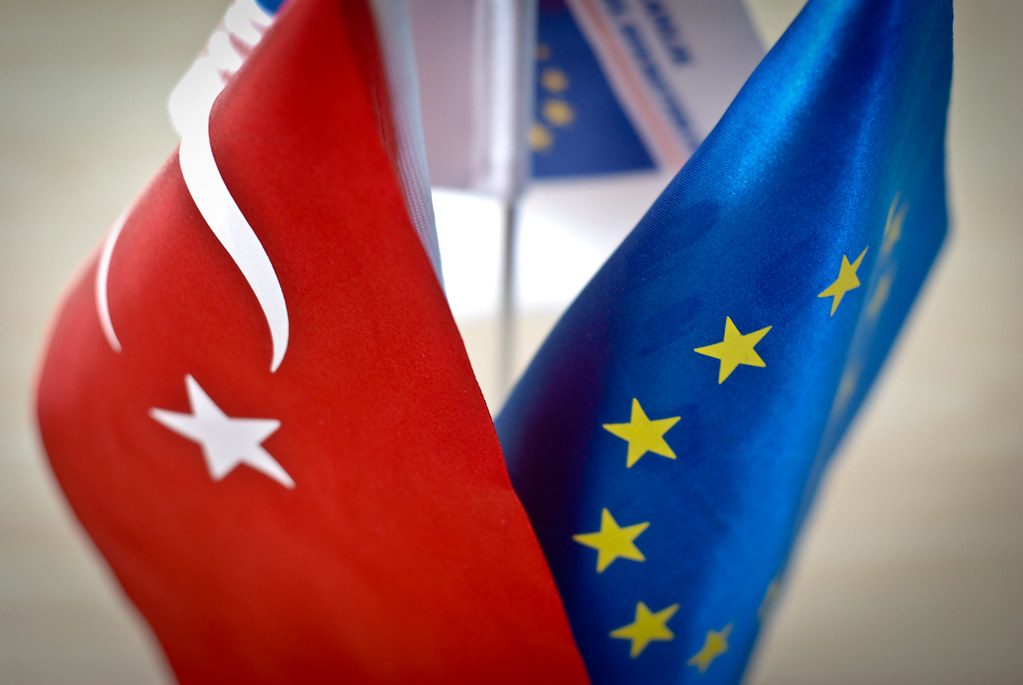Third year UEA student, Emilian Berutti, reflects on what he learnt from his internship at the German Green Party, in the office of office of the speaker for cultural policies Daniel Wesener.
Over one hundred years ago, the former German Empire defeated the Herero and Nama tribes in the territory of modern Namibia, causing the first of many genocides of the 20th century. Nevertheless, the Holocaust and the Second World War have long hidden the German colonial history.
I had the chance during this summer holiday to intern for six weeks at the Green Party in the office of the speaker for cultural policies Daniel Wesener. Having studied about Post-Colonialism during one of the modules of my 2nd year at university, I have become attached to the current evolving political debate in Germany.
As a German national, I had the privilege to have studied in school about the atrocities committed by the German Wehrmacht and the brutality instructed by Lothar von Trotha. For most of the other Germans, they are missing a huge part of our history in their curriculum. When the current coalition between CDU, CSU and SPD agreed with a new government, for the first time in decades, the coalition agreement entailed the historical reappraisal of the German colonial history.
Nevertheless, the German government hasn’t been able to neither apologise for their outrageous acts, neither did they properly start to investigate the origins of many thousand human remains, which are currently still being treated as “objects” in German museums. It’s time to change now, and French president Macron started in January of 2018 with the willingness and engagement to return the African heritage to its homeland.
In Germany, until today only a small group out of the civil society requests the restitution of the Human Remains as well as the acknowledgement of the genocide committed by the German government. The political debate has started to rise its voice and attract more listeners, and currently, theorist and practitioners are committed to demanding clear points such as creating a close partnership not only with the Namibian government but also with the descendants of the Herero and Nama people. Without an apology to them, Germany cannot speak about justice.
I had the pleasure to attend the meeting between the Justice Senator of Berlin and the representatives of the Herero and Nama people, who partly have not been invited to the proper restitution of the Human Remains. Senator Behrendt asked for apologies from his part and was very open to listening to the requirements asked by the official leaders. Two days later the 29th August 2018, the German Alliance of Evangelical Churches invited an official delegation from Namibia, proving that the German government and especially its Foreign Office is incapable and unwilling to commit to its promises. The Minister of State for Foreign Cultural Politics Michelle Müntefering held a speech, which I describe as not only embarrassing but also as politically incorrect. She was incapable of expressing an official apology, all she asked for was personal forgiveness.
What needs to happen now, alongside projects such as the Humboldt-Forum which is currently being built in Berlin and equally controversial, is the establishment and the acceptance of the German burden. Equally to the “Vergangenheitsbeweltigung” the struggle to overcome the negative past of the Holocaust, Germany needs a holistic approach to face the colonial past with an open mind.
I have had the pleasure to be working for Daniel Wesener at the Green Party, which in the State of Berlin is the driving force to engage the whole German society with such a process of change. This is a lesson which must be learned and accepted by a whole country. The country which for over a century denied the unforgivable reality. Therefore, it is so important to raise the truth voice.
Emilian Berutti is a third year student at the University of East Anglia.
Image credit: Lothar von Trotha in South West Africa Wikipedia





